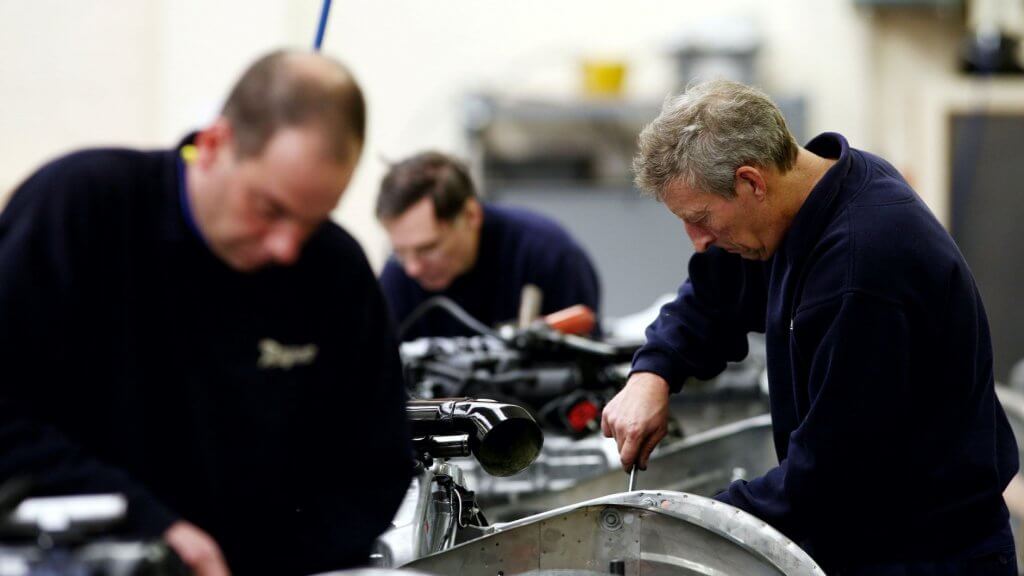Factories ‘Beset’ By Supply Chain Troubles As Activity Eases From Record Highs

Britain’s manufacturing sector has seen activity ease back from record highs as factories remain “beset” by supply-chain woes and soaring cost pressures, according to a survey.
The closely-watched IHS Markit/CIPS Purchasing Managers’ Index (PMI) showed a reading of 63.9 in June, down from May’s record high of 65.6. A reading above 50 indicates growth.
The reading was revised down from an earlier so-called flash estimate of 64.2.
The report showed that factories ramped up their selling prices at the fastest pace since survey records began in November 1999 after they faced surging costs of raw materials amid increasing strain on global supply chains.
The survey said that cost pressures were compounded by booming demand, logistics delays and raw material shortages.
Rob Dobson, director at IHS Markit, said: “UK manufacturing maintained a near survey-record pace of expansion at the end of the second quarter, as the reopening of economies at home and overseas supported increased production, new orders and employment.
“Solid business confidence and rising backlogs of work also suggest that the current upturn has further to run.
“The sector is still beset by rising cost inflationary pressures, however, as Brexit-related trade issues exacerbated global supply chain delays.”
Duncan Brock, group director at the Chartered Institute of Procurement & Supply (CIPS), said “snarled” supply chains were “in danger of seizing up”.
He added: “Supply chain managers worked around the clock to source ever-dwindling resources of raw materials, and building stock, resulting in supplier delivery times worsening again.”
Many suppliers are struggling to keep up with increased demand as economies worldwide bounce back from the pandemic, which is impacting delivery times.
Businesses have recently highlighted shortages of electronics, plastics and metals, among other raw materials.
Manufacturers have been hiring to cope with the increased demand, with employment rising at a rate close to May’s record high during June, the survey showed.
But a shortage of workers has seen businesses resort to less skilled staff and is pushing up wage costs, according to CIPS.




